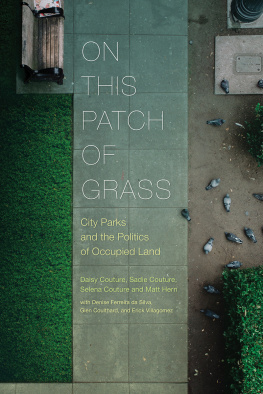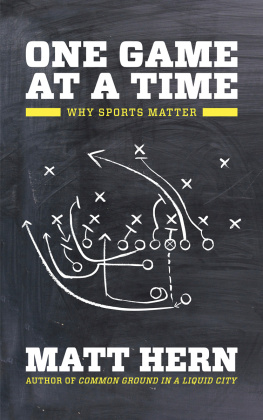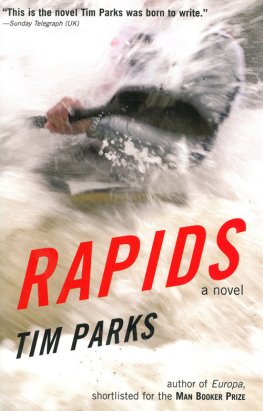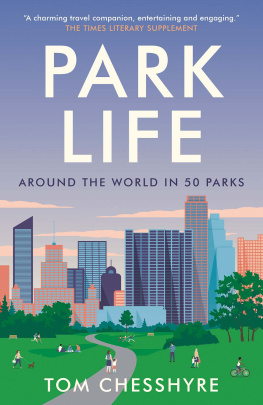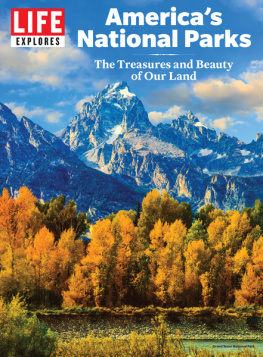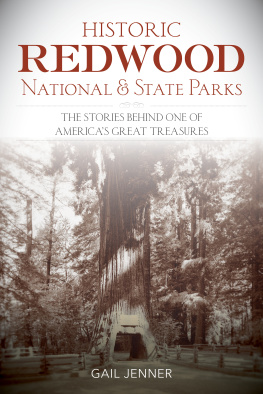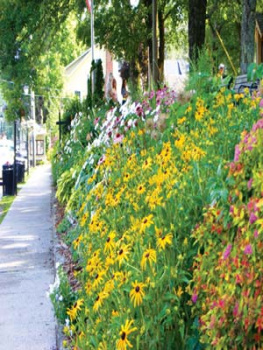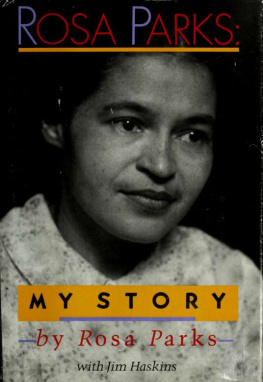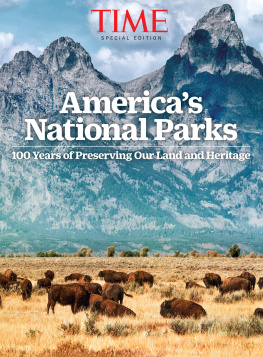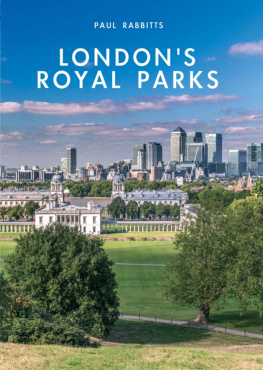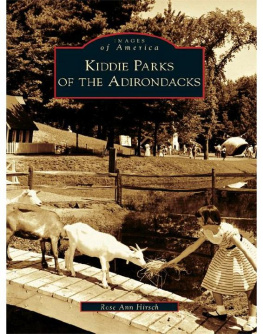On
This
Patch
of
Grass
On
This
Patch
of
Grass
City Parks on Occupied Land
Daisy Couture, Sadie Couture, Selena Couture and Matt Hern
With Denise Ferreira da Silva, Glen Coulthard, Erick Villagomez
Fernwood Publishing
Halifax & Winnipeg
https://fernwoodpublishing.ca/resources/on-this-patch-of-grass
Copyright 2018 Daisy Couture, Sadie Couture, Selena Couture and Matt Hern
All rights reserved. No part of this book may be reproduced or transmitted in any form by any means without permission in writing from the publisher, except by a reviewer, who may quote brief passages in a review.
Editing: Fazeela Jiwa and Brenda Conroy
Text design: Brenda Conroy
Cover images: Hal Ozart and Zac Sturgeon
Cover design: Tania Craan
eBook: tikaebooks.com
Printed and bound in Canada
Published by Fernwood Publishing
32 Oceanvista Lane, Black Point, Nova Scotia, B0J 1B0
and 748 Broadway Avenue, Winnipeg, Manitoba, R3G 0X3
www.fernwoodpublishing.ca
Fernwood Publishing Company Limited gratefully acknowledges the financial support of the Government of Canada, the Manitoba Department of Culture, Heritage and Tourism under the Manitoba Publishers Marketing Assistance Program and the Province of Manitoba, through the Book Publishing Tax Credit, for our publishing program. We are pleased to work in partnership with the Province of Nova Scotia to develop and promote our creative industries for the benefit of all Nova Scotians. We acknowledge the support of the Canada Council for the Arts, which last year invested $153 million to bring the arts to Canadians throughout the country.

Library and Archives Canada Cataloguing in Publication
On this patch of grass: city parks on occupied land / Daisy
Couture, Sadie Couture, Selena Couture and Matt Hern with Denise
Ferreira da Silva, Glen Coulthard, Erick Villagomez
Includes bibliographical references.
Issued in print and electronic formats.
ISBN 978-1-77363-070-0 (softcover).ISBN 978-1-77363-071-7 (EPUB).
ISBN 978-1-77363-072-4 (Kindle)
1. Urban parksPolitical aspectsBritish ColumbiaVancouver. 2. Urban parksSocial aspectsBritish ColumbiaVancouver. I. Hern, Matt, 1968-. Building better landscapes
FC3847.65.O5 2018 363.680971133 C2018-903708-3
C2018-904498-5
Contents
Acknowledgements
In some ways, this whole book is an expression of gratitude and love for where we live and the people and the other-than-humans we live amongst. We do want to note though some of the people who specifically helped us in the creation of this book.
First, thanks as always, to our immediate neighbours and the many, many others who have lived here, beside and with us, over the all these years. Our love goes to the wider group of dear friends who make living in this city worth it. You know who you are, and with luck you will hear some of your voices in here.
Second, our gratitude is owed to Glen Coulthard, Denise Ferreira da Silva, Erick Villagomez and everyone who was interviewed for this book. Without all your voices, this book would be impossible.
Third, our thanks go to Fernwood Publishing for their generous support of this complicated hybrid work; especially to Candida Hadley for her kind attentiveness, patience and incisive thinking, and to Beverley Rach, Fazeela Jiwa and Brenda Conroy for their forbearance as we assembled all the pieces.
And finally, much love to our families, extended and otherwise on Vancouver Island, Ontario, and scattered widely for their continuing care and love and cynicism.
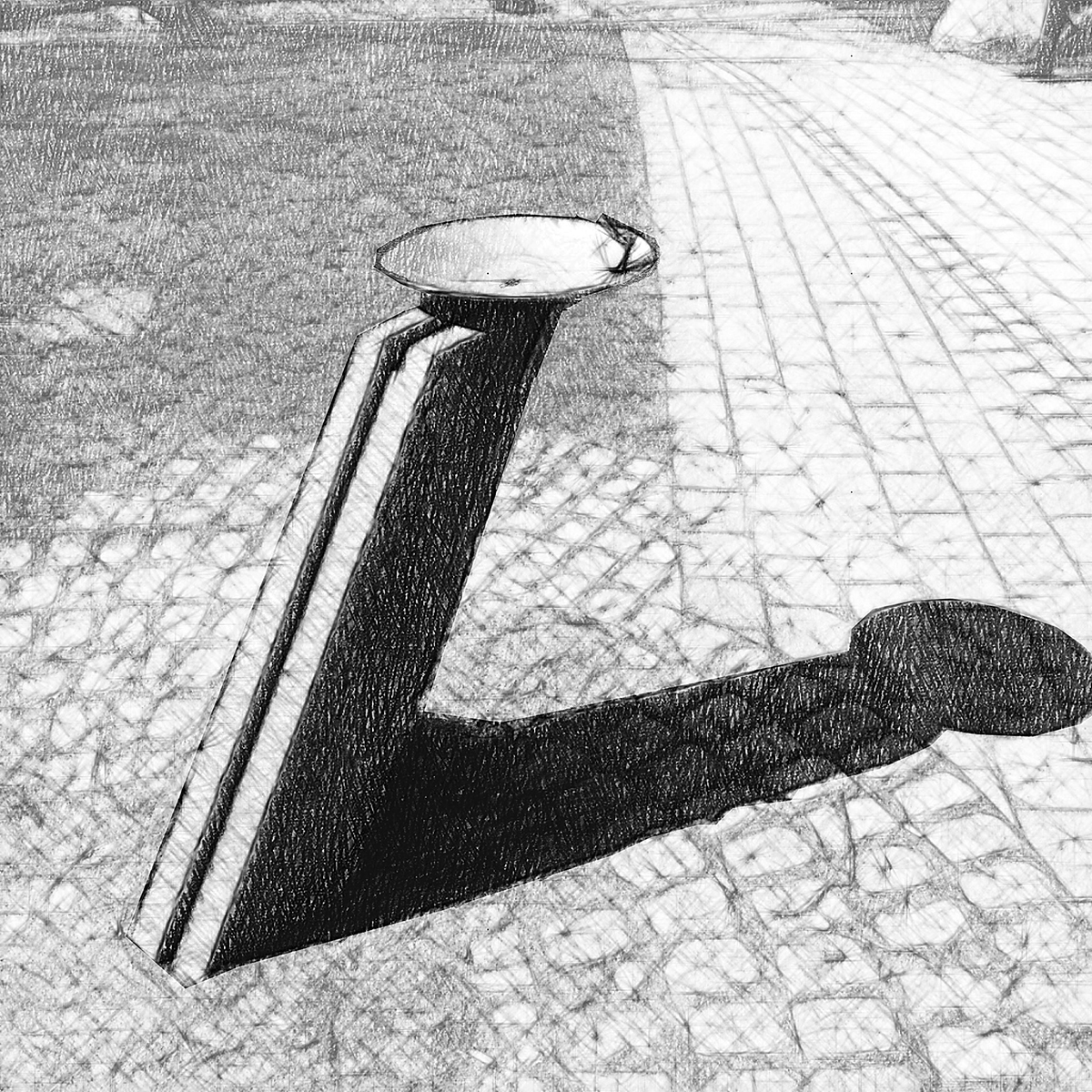
Foreword
The Colonial Resident Question
H aving lived in this particular corner of the Pacific Northwest, on the Musqueam First Nation Reserve, for three years, recently I found myself walking along the trails in Pacific Spirit Park with a feeling yes, I do mean feeling that there is something I will never grasp. Though I do not recall precisely how it was when I did not have this feeling, I do know that it was not there at first. It came later, slowly, and became more intense the more I became used to the beauty of the forest, the gentle but indelible summer light seeping through the trees, the rugged grounds with fallen leaves, the muddy paths, filled with puddles, in the winter, the first touches of colour that announce spring. Every time I walk on these ancestral Musqueam grounds, this stretch of temperate rain forest greets me as a recently arrived colonial resident (a settler) who was born and raised in a city also built on colonized lands. It gifts me with a different kind of appreciation for the question that, to me, permeates this familys love letter to this city and its ancestral custodians and colonial residents (settlers). I call it the colonial resident question.
The colonial resident question was and still is postponed. When it does surface, it comes to thought later: after the questioning of capital, after racial redress, after but it rarely does. For the classic historical materialists, the colonial question is not even about to become relevant not even after something was accomplished or a phase was completed. Nor had it a place in the political imaginary that animated the several lines of critical political discourse of the local and national struggles communist, socialist, anti-racist, feminist, pro- lgbti that is, the whole gamut of political movements that consolidated in the 1980s. These movements for social justice addressed the state under the assumption that it had the right to exist, that all that was needed was that the state included the rest of us, namely, the poor, Black, female, gay folks.
It is not that means of colonialization (conquest and slavery) have not been part of that political vocabulary. They have been. What is lacking is a formulation of the colonial resident question precisely because it immediately and instantaneously challenges that which these political movements want to accomplish by being heard by the state.
Now it is not a matter of finding a proper formulation of the question and all will be well, and the left/radical/critical/progressive political discourse will be finally complete. This is not a matter of time. Nor is it a matter of inclusion. The colonial resident question extends beyond the conceptual and existential elements comprehended by the modern political text.
What then? Reading On this Patch of Grass , I found myself, in several moments, thinking about whether or not it makes sense to try and articulate, as a question, the complications, contradictions and complexities of a political existence of the kind experienced by the colonial resident. Perhaps what we need is not so much another version of the political discourse but a different kind of composition a fragmentary and yet directed and intended one, which like Daisy, Sadie, Selena and Matts book, presents the colonial resident question with all its difficulties and without apology.
It may not meet the criteria of the political discourse; actually, it may fail it all together. Ethically and aesthetically, however, such composition might just get us a bit closer to the goal. For only such a composition as a kind of text that articulates but does not resolve everything back in to a political position might accommodate the ethical mandate to call into question our own existence, the one this book exposes so well. For there is a double demand to colonial residents, to all of us settlers who are defined by the feeling of never grasping the land: do not reproduce the violence and violations that render our living in occupied lands possible and that we support and, if invited, join in the struggle for returning the lands (and all the wealth expropriated from them since conquest) to their ancestral guardians, the Squamish, Tsleil-Waututh and Musqueam First Nations, the ones who feel this land in all its fullness because they are one with it.

